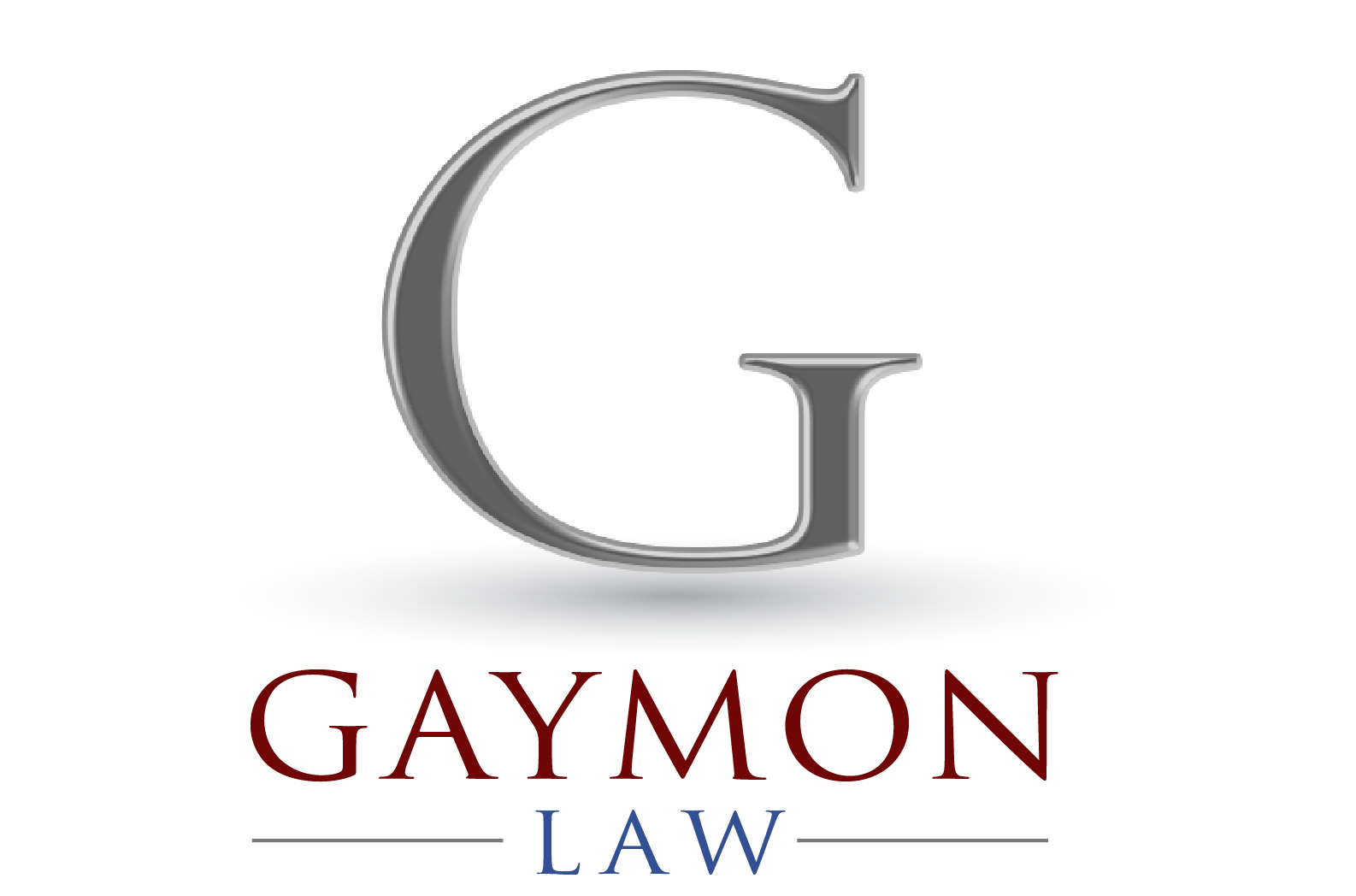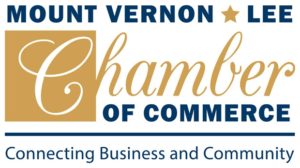Chapter 13 Bankruptcy
In General
A filing under Chapter 13 is technically referred to as “individual reorganization.” It is a way for people to “reorganize” their debt into a manageable, monthly payment plan that is fair for the individual’s creditors. A Chapter 13 Plan must pay out the greater of the individual’s monthly disposable income aggregated over a certain period or the amount creditors would have received in a Chapter 7 bankruptcy if the individual’s property were liquidated. As in a Chapter 7, an individual in a Chapter 13 Plan gets to exempt a certain amount of property. In order to qualify for a Chapter 13 bankruptcy, a client must be an individual with regular and stable income (either from employment or from another source).
A Chapter 13 bankruptcy may allow a client to accomplish several different goals: 1) curing a deficiency on a secured debt; 2) paying back taxes owed; and 3) reorganizing and consolidating unsecured debt.
Curing a Deficiency on Secured Debt, Lowering Car Payments and Paying Back Taxes
One of the principal advantages of a Chapter 13 bankruptcy is that it allows a client to bring certain secured debts, such as home mortgages and car loans, current. Under a Chapter 13 Plan, a client is able to consolidate all their debt together, including the arrearage on a house or car, back taxes owed and unsecured debt. This plan would require debtors to pay back the secured debt arrearages and certain back taxes in full, but allows the client to only repay a small percentage of the unsecured debt. In certain situations involving car loans that are more than 910 days old, (it’s a daily count of 910 days, not a monthly number – using months or years may be inaccurate), the client may even be able to use a Chapter 13 case to reduce the amount owed on the loan or lower the interest rate on the loan down to 10% or less. Chapter 13 can often be a powerful tool for lowering your monthly car payments. Clients can also use Chapter 13 to reduce their tax liability and/or create a payment plan for tax liabilities. In many cases, Chapter 13 will even eliminate penalties and stop interest from accruing on all or a portion of tax debt.
How the Process Works
Once a Chapter 13 case is filed, most, if not all, creditors are stopped in their tracks. Upon filing a Chapter 13 bankruptcy (or any other kind of bankruptcy), the “automatic stay” goes into effect. The automatic stay immediately stops creditors from initiating or continuing collection activity against a client or a client’s property. Creditors cannot repossess cars, foreclose on real property, garnish wages or bank accounts, or cut off utilities.
Approximately 30 days after a Chapter 13 case is filed, the client is required to attend a “Meeting of Creditors” presided over by a Chapter 13 Trustee appointed by the court to administer the case. At this meeting, the Trustee and the creditors can ask the client questions about his or her property and the documents the client filed with the court, including the Chapter 13 Plan. However, in many cases, creditors do not attend. The meeting of creditors usually involves the client, the Chapter 13 Trustee and an attorney from our firm. Our attorneys always prepare our clients for the meeting and defend them at the meeting.
Once the meeting of creditors is concluded and the trustee has received all information necessary to adequately process the case, the court holds a Chapter 13 Plan Confirmation Hearing presided over by one of the local bankruptcy judges. This court hearing is presided over by a federal Bankruptcy Judge and is scheduled well in advance. The client must attend this hearing, unless instructed otherwise.
At this hearing, the court will decide to confirm or deny the client’s Chapter 13 Plan to pay creditors. In most cases, the resolution of the hearing is decided beforehand by consent between the trustee and the client. However, it is not uncommon for one or more creditors or the trustee to object to confirmation of a plan. We guide our clients through all aspects of the Chapter 13 process from the filing of the case through confirmation of the plan and completion of the case.
Chapter 13 bankruptcy requires discipline. For the entire length of the case (three to five years), the client will have to live within a budget geared to enabling the client to meet their Chapter 13 obligations. The majority of debtors do not complete their Chapter 13 repayment plans and do not receive the benefits of their Chapter 13 reorganization and discharge. However, the benefits of completing the plan are substantial, and our attorneys and staff work diligently with clients to create a reasonable plan to help the client complete the entire Chapter 13 process.
Payments Under your Chapter 13 Plan
Once a Chapter 13 Plan is confirmed by the court, the bankruptcy court will issue a wage withholding order requiring that client’s employer deduct the monthly Chapter 13 Plan Payment from their wages and send it directly to the Chapter 13 Trustee. Automatic payroll deduction has proven to be the best method to help debtors complete their Chapter 13 Plan and receive their Chapter 13 discharge, and wage withholding is required in most areas. However, the court generally does not issue a wage withholding order until after the court has held a hearing and confirms the Chapter 13 Plan – generally three to six months after the client files their Chapter 13 case. However, self-employed clients or clients that own business, will usually be responsible for making their own Chapter 13 Plan payments directly to the Trustee.
Credit Reporting Issues
A Chapter 13 bankruptcy will stay in the client’s credit file (the internal file kept by credit reporting agencies) for up to ten years from the day the papers are filed, but are not usually reported to individual creditors seeking information from the credit reporting agency for more than seven years. Notwithstanding the foregoing, entry of the case on a client’s credit record will usually impact their credit score and ability to obtain credit for a much shorter period. Chapter 13 Plan payments are often reported to the major credit reporting agencies, and a good Chapter 13 payment record will be an important factor in helping a client restore his or her good credit rating and ability to obtain new credits cards, mortgages and car loans at reasonable interest rates.
If you have a serious tax problem, you need an attorney who is experienced in two worlds, tax AND bankruptcy. Paul O. Gaymon, Jr. has that experience. Mr. Gaymon has helped many taxpayers solve their tax and financial problems through the bankruptcy process. He understands the discharge of taxes in bankruptcy and the treatment of federal tax liens and levies in the bankruptcy process.
If you have a serious tax or financial problem, please consider contacting me at The Gaymon Law Firm, PLLC, telephone (703) 407-9130, or by completing the Contact Form contained on this Web site.


